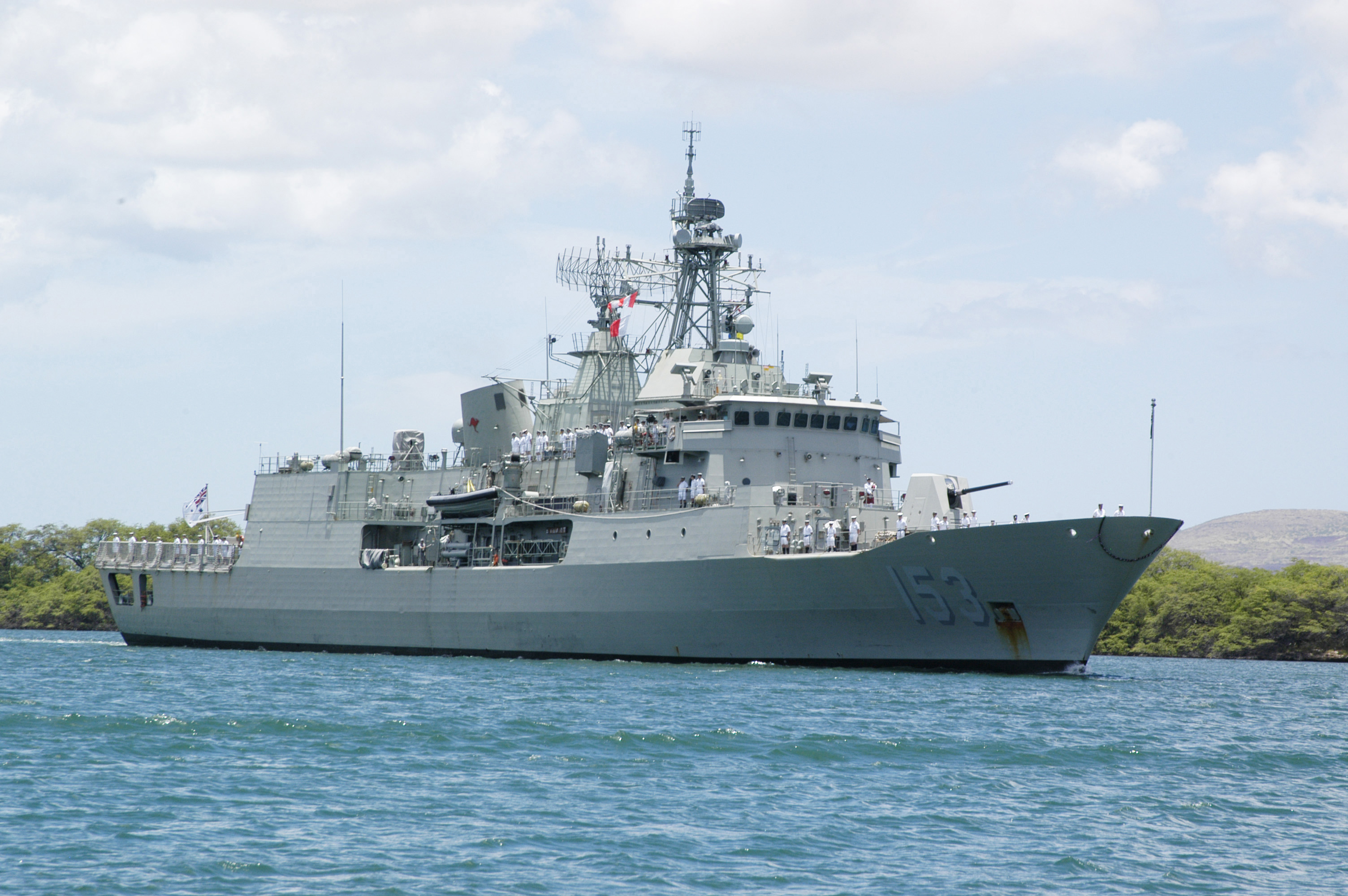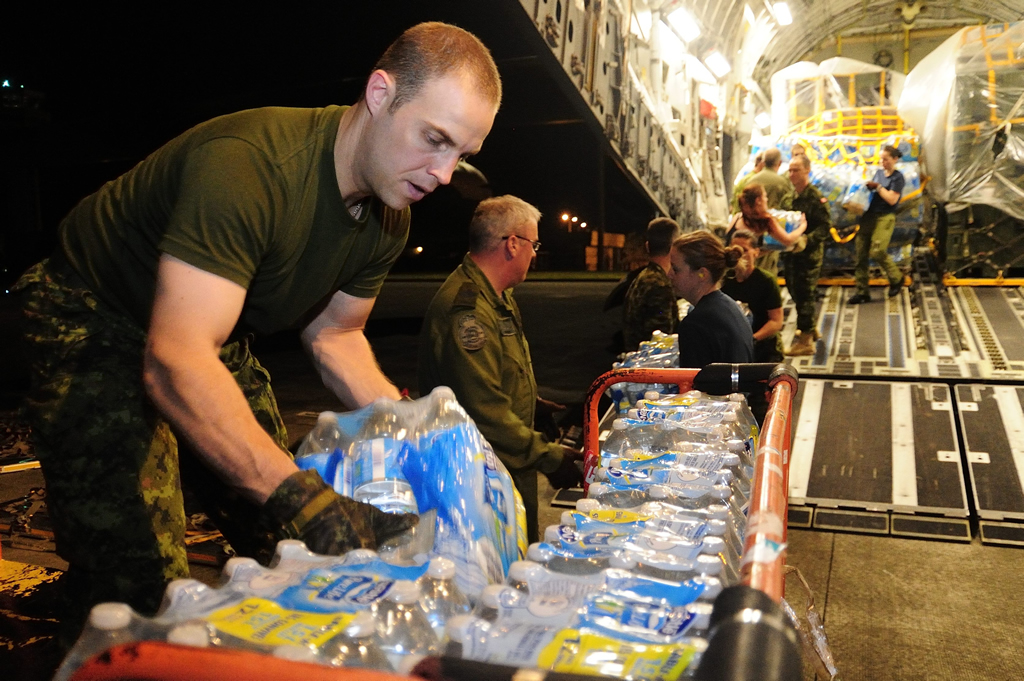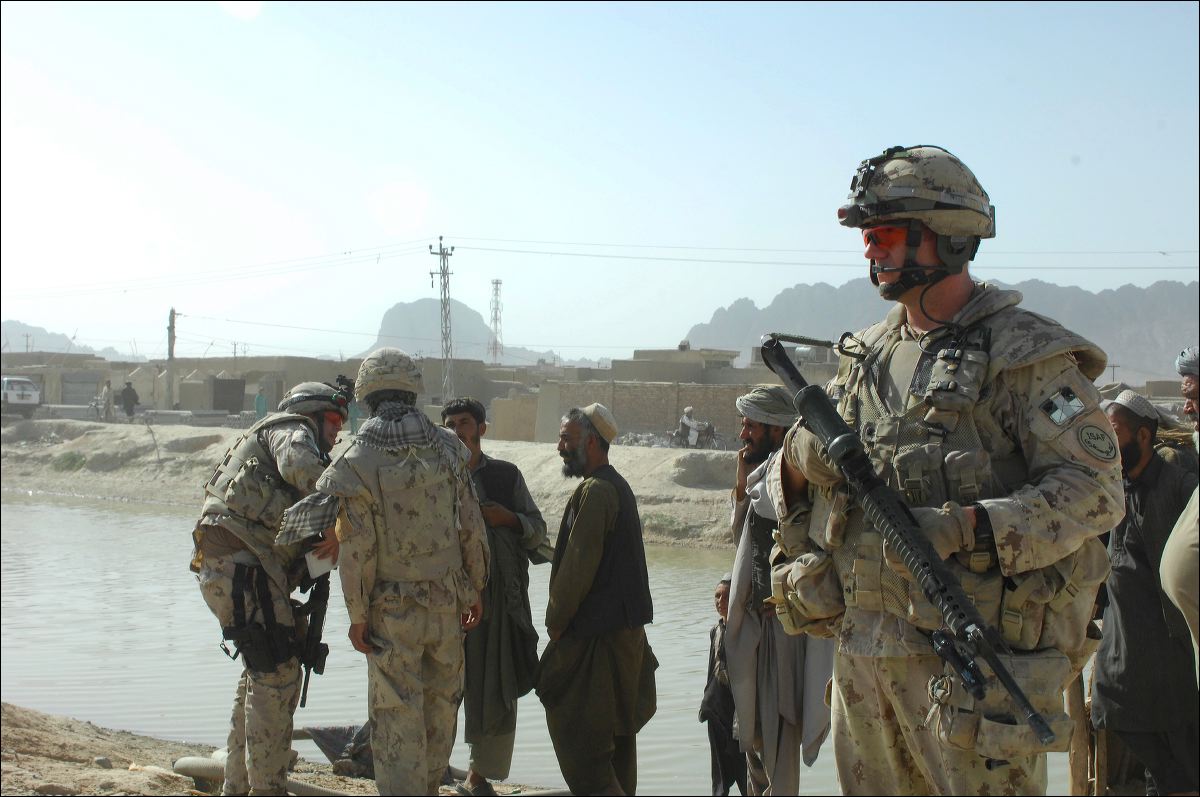On 18 March 2013, a Canadian task force of six CF-18s and more than 160 personnel landed in Keflavik, Iceland, marking the start of Operation IGNITION. The month long operation is part of a NATO peacetime preparedness mission, in which alliance members periodically take control of the Keflavik airbase and provide air defence coverage. Throughout the operation, Canadian forces will be involved in radar surveillance and interception of transiting aircrafts. Although integral to its involvement within the alliance, the operation comes at a time in which the Harper government is making considerable cuts in defence spending. This begs the question, can the Canadian forces continue to be engaged in such operations?
Federal Finance Minister Jim Flaherty presented the 2013 federal budget, which aims to move Canada from the current deficit of $25.9 billion to a surplus of $800 million by 2015. Although the Conservatives aim to balance the budget with economic growth, through the closure of tax loopholes and the elimination of tariffs, significant cuts to the defence budget are expected. It is estimated that the defence budget will suffer a reduction in the range of $32 million, which will have significant implications for numerous areas, such as contracted services and funding for reservists.
These cuts, which come in addition to the $226 million already ordered by the Harper government, will not only reduce operational readiness but will likely also undermine current deployments. With such reductions, it is therefore not certain whether deployments like operation IGNITION will be sustainable in the long-run. As such, these cutbacks could have significant impacts for Canada’s position within the international system.




